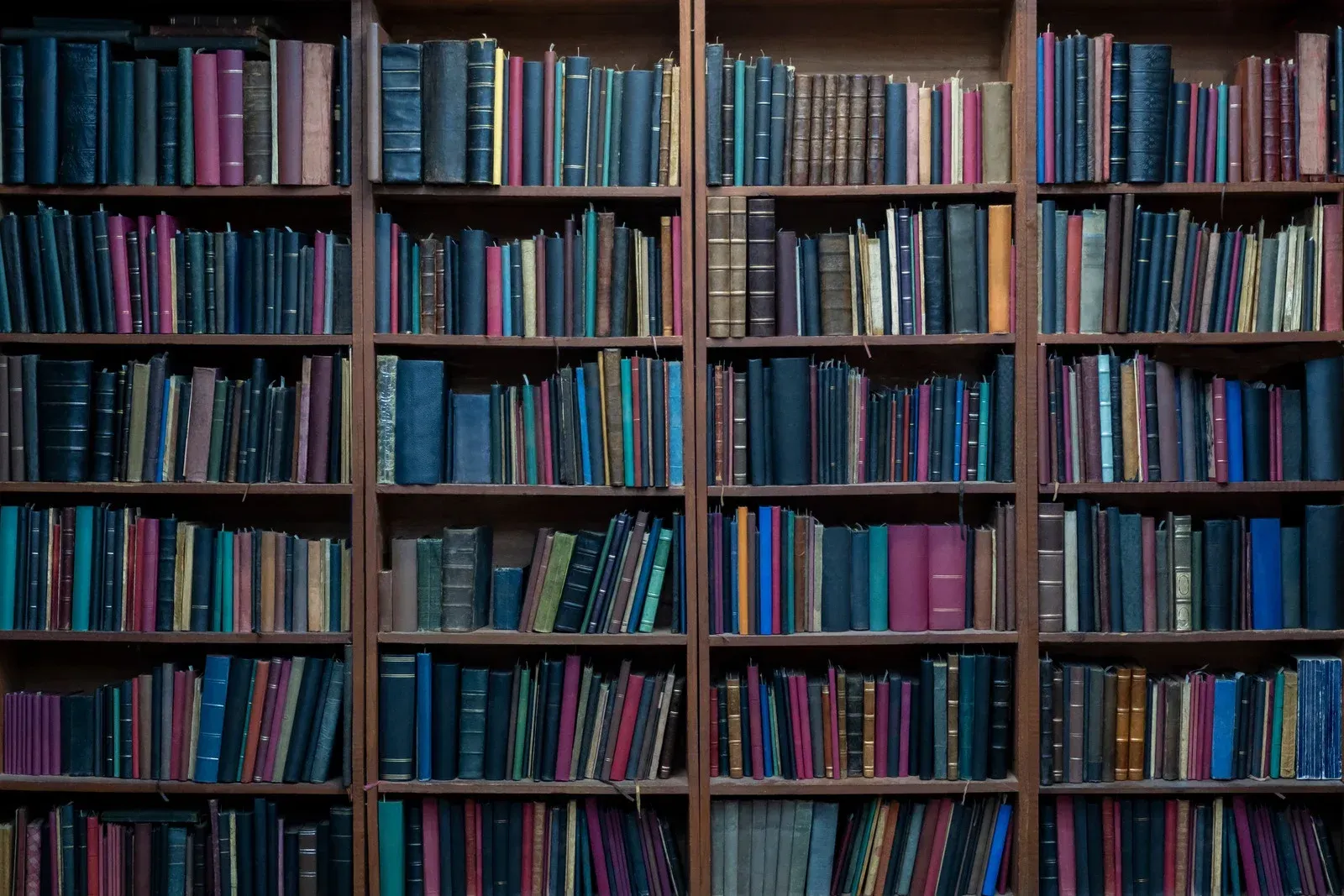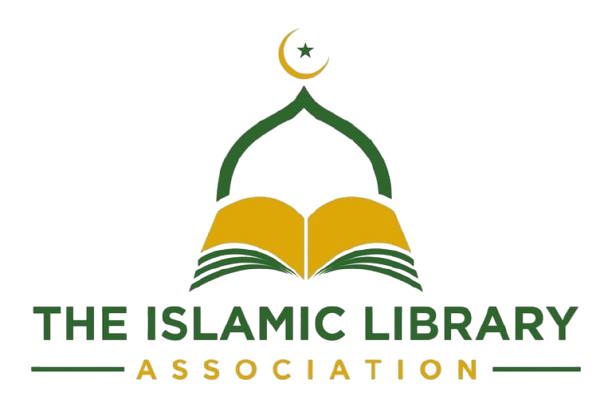The Importance of Islamic Literature in Preserving Cultural and Religious Heritage
Islamic literature has played a pivotal role in preserving and transmitting the rich cultural and religious heritage of Muslim societies. From the sacred verses of the Quran to classical poetry, scholarly works, and contemporary writings, Islamic literature serves as a bridge connecting generations to the teachings, values, and history of Islam. In an era of rapid globalization, safeguarding this literary tradition is more important than ever.
Preserving Religious Teachings and Knowledge
Islamic literature is the cornerstone of religious education, ensuring that core beliefs and practices remain intact. The Quran, Hadith collections, and Islamic jurisprudence form the foundation of Islamic scholarship, providing guidance on spiritual, ethical, and social matters. Scholars and translators have dedicated centuries to preserving these texts, making them accessible across different languages and cultures.
Protecting Cultural Identity and Traditions
Islamic literature is deeply intertwined with the cultural identity of Muslim communities. Classic works like Rumi’s poetry, Al-Ghazali’s philosophical treatises, and Ibn Khaldun’s historical writings illustrate the intellectual and artistic achievements of the Islamic world. These texts not only highlight religious wisdom but also showcase the literary and scientific advancements that have shaped global civilization.
Bridging Generations Through Stories and Wisdom
Islamic storytelling is a vital tool for passing down moral values and historical narratives. Fables, parables, and biographies of prophets and scholars inspire younger generations to embrace their faith while fostering a sense of belonging. Children’s Islamic literature, in particular, plays a crucial role in nurturing an early understanding of religious principles and cultural heritage.
Encouraging Interfaith and Cross-Cultural Dialogue
Islamic literature is not just for Muslim audiences—it also serves as a medium for fostering interfaith understanding and mutual respect. Works that explain Islamic beliefs, history, and contributions to various fields help dispel misconceptions and promote dialogue among diverse communities. By making Islamic literature more accessible, we create opportunities for meaningful conversations that encourage peace and unity.
The Role of Libraries and Organizations in Preservation
Libraries and non-profit organizations dedicated to Islamic literature, such as The Islamic Library Association, play an essential role in ensuring that these invaluable works remain available for future generations. By curating collections, hosting book clubs, and supporting translation efforts, these institutions help sustain the legacy of Islamic scholarship and culture.
How You Can Contribute to Preserving Islamic Literature
Preserving Islamic literature is a collective responsibility. You can support this effort by:
- Donating books or funds to Islamic libraries and organizations.
- Participating in book clubs and discussions to keep the literary tradition alive.
- Encouraging younger generations to read Islamic literature and engage with their heritage.
- Supporting translation projects that make classic works accessible to a global audience.
Conclusion
At The Islamic Library Association in Charlotte, North Carolina, we believe Islamic literature is more than just a collection of books—it is a living legacy that connects us to our faith, history, and culture. With over several years of experience, our organization is committed to preserving and promoting these works to ensure that Islamic teachings and traditions continue to inspire future generations. Whether through reading, sharing, or supporting literary initiatives, each of us has a role to play in keeping this rich heritage alive.


